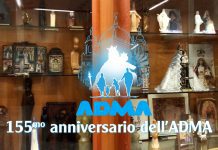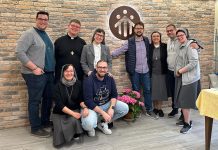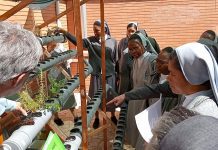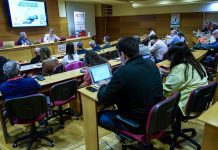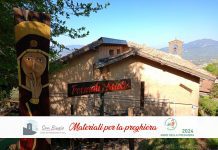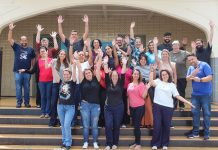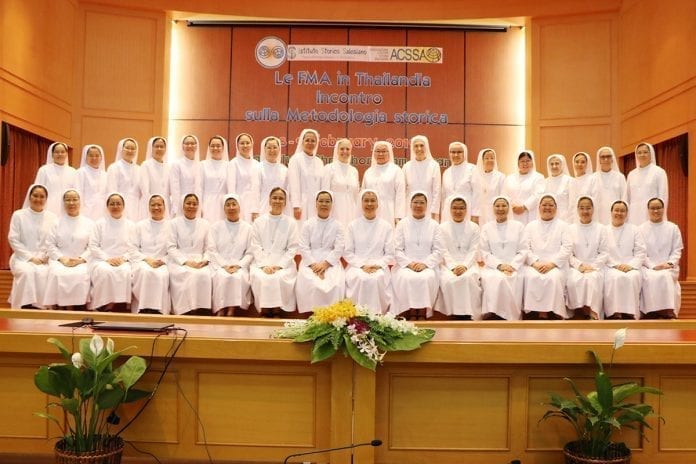Sam Phran (Thailand). The Daughters of Mary Help of Christians of Thailand organized, on February 8-9, 2019, a study Seminar of Historical Methodology. Grazia Loparco, FMA, Professor of Church History at the Pontifical Faculty of Educational Sciences “Auxilium” and member of the FMA Study Center, planned and animated the two days. In the Convention Center of Sam Phran, 37 FMA of St. Mary D. Mazzarello Province participated, including several past pupils of the Faculty, in a climate of dialogue, reflection, and learning.
The introduction focused on the sense of remembering and narrating to recognize and renew, rediscovering the close relationship between memory and identity both on a personal and institutional level. As a result, the need to take care of the documentation and to tell the story of the community emerged. Current culture is certainly not favorable to this vision, with obvious consequences. Without stopping at the clichés, history is the root of the future, because the experience of those who preceded us, in successes, efforts, and failures, in a different environment from today, can help to develop a critical, creative, and responsible sense towards the present, the unknown. History is understood as knowledge of the dynamism of life itself, not as an invitation to a repetitiveness of forms, which can restrain the readiness for an attentive look at the change needed.
Delving into meanings, it was studied how the formation of historical consciousness is the condition to attend to the sensitivity and quality of historical knowledge. The reflection then developed in some stages: documenting life and mission; keeping and organizing documentation, distinguishing the type of sources; using documentation, promoting research in the various religious, ecclesiastical in general, civil, central, and peripheral archives.
The evolution of the mentality regarding the consecrated life is reflected in what regards an archive; what should there be; what should not be eliminated, dispersed, destroyed, and instead preserved with care. An educational experience is expressed in the contribution of people, as well as in the community, also in society, in institutions. To the extent that it is documented, the work of the FMA can be highlighted as an evangelical response to the need for the humanization of life.
A sign of this journey in progress in the Institute is the attention devoted to publications of increasingly historiographic quality; the activity of the Association of Curators of Salesian History (various ACSSA materials on the website www.sdb.org, and in particular on the archives; several studies promoted in the “Auxilium” and by the FMA Studies Center, which is committed to making various materials available online.
In conclusion, the need emerged to sensitize and form all the FMA and lay people who collaborate in the works on the importance of memory for an Institution, for its fruitfulness and actualization, each taking responsibility for the documentation according to their own office (documentation produced and received ); to carefully preserve ‘the tabernacles of memory’, which are the archives.
Through various activities, the Seminar awakened in each participant the awareness of being a living part of the FMA Institute, of a mission that is transmitted across the generations, for the benefit of the young.



